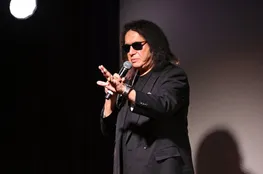In the recent elections, North Texas voters decided on a plethora of matters ranging from local officials to city charter amendments and school bond issues. Notably, in Dallas, 16 out of 18 proposed city charter amendments received approval. These changes range from clarifying the responsibilities of various city officials to updating procedures within municipal operations.
One significant change is Balch Springs Proposition A, which clarifies the roles and responsibilities of the mayor. Other propositions in Balch Springs involved establishing term limits for the mayor pro tem and permitting electronic voting at council meetings, among other governance reforms. Voters also decided on changes affecting the city manager's authority and preauthorization for city council travel and training requests.
In the education sector, multiple independent school districts sought voter approval for bond issues and tax rate changes to fund improvements. Coppell ISD received approval for a tax ratification election, marking an 8.28% increase in maintenance and operations tax revenue. Highland Park ISD secured over $137 million for campus upgrades and safety enhancements.
Sunnyvale ISD passed propositions totaling nearly $95 million for facility and security upgrades as well as new district facilities. Grapevine-Colleyville's proposition adjusted the maintenance and operations tax rate, aiming to generate substantial district funding.
On the contrary, some propositions were not ratified. Dallas voters disapproved Proposition T, which involved annual community surveys impacting the city manager's performance assessments. Similarly, Birdville ISD's $48 million bond for constructing multipurpose facilities did not pass. Northwest ISD's proposed tax rate increment also failed to secure voter approval.
Other disapproved propositions included those from Allen ISD, which involved funding for technology and track upgrades, and Frisco ISD, which proposed a significant $986 million bond package for district improvements.
Despite the mixed outcomes, these elections were pivotal in shaping the governance and future infrastructure of North Texas' cities and educational facilities. The results indicate varied voter priorities, ranging from financial prudence to educational investments and municipal governance enhancements.
























